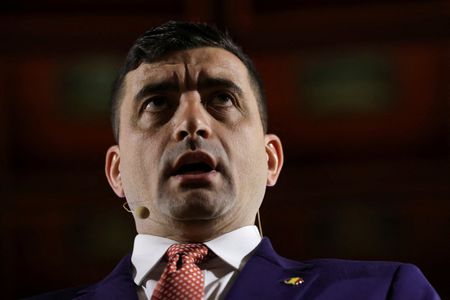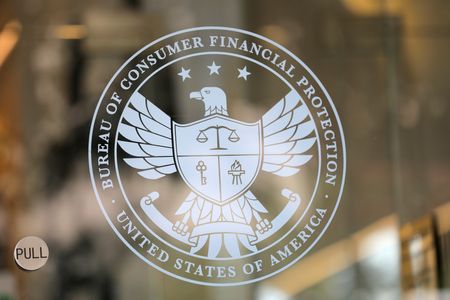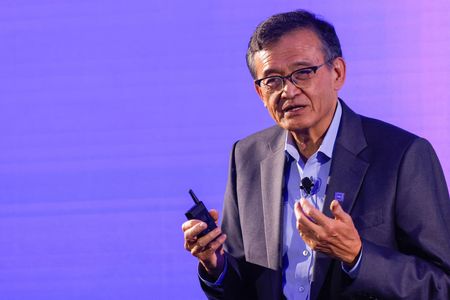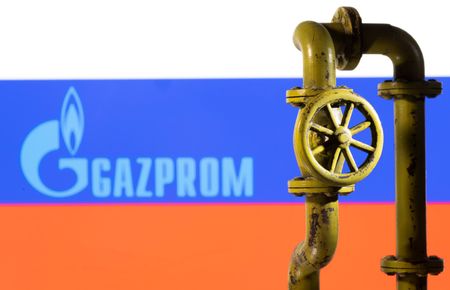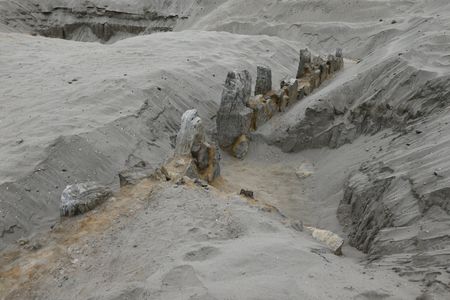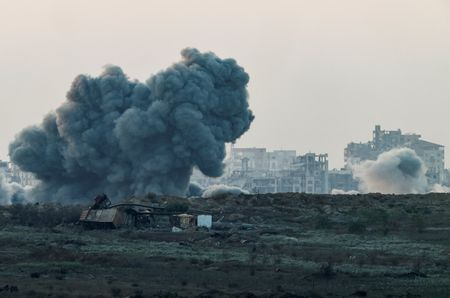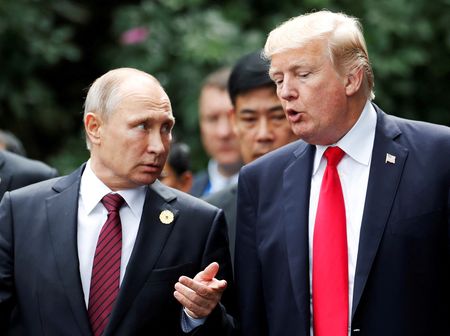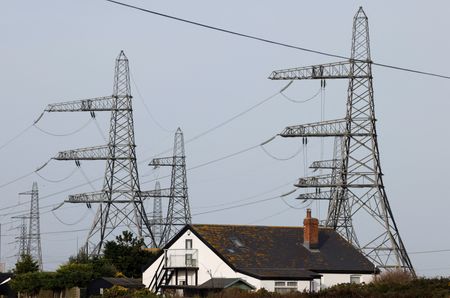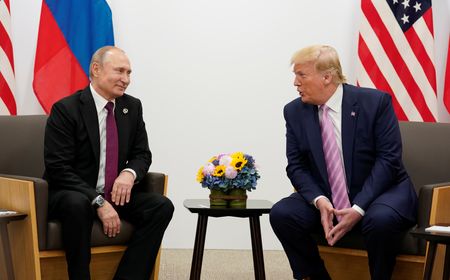By Luiza Ilie
BUCHAREST (Reuters) – Romanians vote on Sunday in a presidential election re-run that could propel ultranationalist George Simion to power, an outcome likely to cause unease in the European Union and NATO and unsettle investors.
The hard-right eurosceptic leads opinion polls before the first round of voting in the EU and NATO member state, five months after the original vote was cancelled because of alleged Russian interference. Moscow has denied the allegations.
Simion hopes to benefit from widespread public anger over the cancellation after taking over from far-right contender Călin Georgescu, who topped voting in the cancelled ballot but is now barred from running.
Simion, 38, opposes military aid to neighbouring Ukraine, is critical of the EU’s leadership and has supported U.S. President Donald Trump’s Make America Great Again movement. A conservative Christian, he supported a failed 2018 referendum intended to prevent same-sex couples from being able to marry.
A Simion victory could isolate Romania abroad, erode private investment and make the country a less predictable and cooperative member of NATO over military aid to Kyiv, playing into the hands of Russia as it wages war in Ukraine.
“It is very clear that a strong anti-Western trend has been built up and Romania’s path (direction) is at unprecedented risk,” said Cristian Pirvulescu, a political scientist.
Simion is polling at around 30% in opinion surveys, giving him a comfortable lead over two centrists but suggesting he will not win enough votes to avoid a second-round runoff on May 18 against whoever comes second.
His main election rivals are two centrists, former senator Crin Antonescu and Bucharest Mayor Nicusor Dan.
Antonescu, 65, is backed by the three parties in the current pro-Western government. Dan, 55, is running as an independent on a reform platform.
Both are pro-EU and NATO and back Ukraine. Antonescu would be likely to back the current government if he won the election. Dan has said he would favour a new pro-Western government.
THE HIGHEST UNCERTAINTY
Many voters have responded positively to Simion, who finished fourth in the original vote and then rallied behind Georgescu, who faces charges over his support for fascist groupings and campaign-funding issues. Election authorities are also looking into Simion’s campaign funding.
“He stood by the man who only wanted the best for this country, he has shown honesty compared with the other candidates and I hope that he restores democracy in Romania through his actions,” said Vlad Popa, a 50-year-old lawyer.
Some other voters are wary of Simion’s youth and lack of political experience.
“I don’t care about his beliefs, the problem … is he is too young,” said 80-year-old pensioner Traian Caravan in the central village of Vasilati.
Romania’s president is limited to two five-year terms, and has a semi-executive role which includes commanding the armed forces and chairing the security council that decides on military aid.
The president represents Romania at EU and NATO summits, can veto important EU votes and appoints the prime minister, chief judges, prosecutors and secret service heads.
JP Morgan said an Antonescu win would imply the status quo and that victory for Simion would carry the “largest risk of re-adjusting the ruling coalition and thus the highest uncertainty.”
The election re-run has stalled government efforts to lower the EU’s largest budget deficit, putting the country at risk of a ratings downgrade to below investment level.
The next president will have to navigate any economic fallout from a potential trade war and face pressure to increase defence spending. The president is also likely to try to mend fences with Washington after members of Trump’s administration criticised the decision to cancel the original ballot.
If elected, Simion has said he will make public “how much we contributed to the war effort in Ukraine to the detriment of subsidies for Romanian children and pensions for our elderly.”
Simion has supported restoring Romania to its 1940 borders, which include territories now in Bulgaria, Moldova and Ukraine, and is banned from entering the latter two.
(Reporting by Luiza Ilie, Editing by Timothy Heritage)

